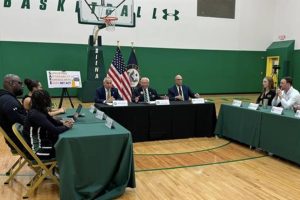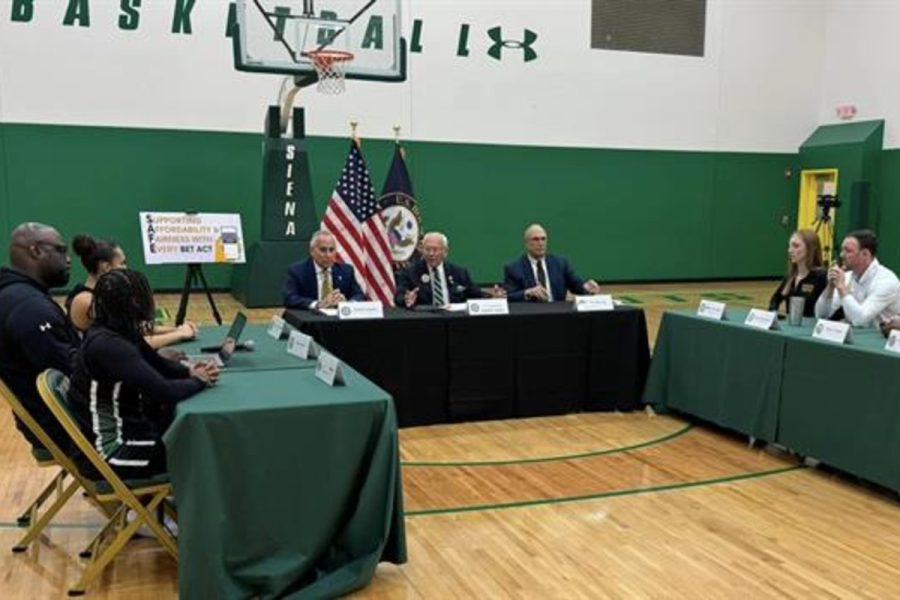A wave of concern is sweeping through the world of professional sports, fueled by a recent scandal within the NBA and a growing unease about the rapidly expanding landscape of sports betting. Congressman Paul D. Tonko has responded with a direct appeal to the leaders of major leagues, urging them to support federal legislation designed to safeguard the integrity of the games and protect vulnerable fans.
Tonko’s letters, addressed to the commissioners of the NBA, WNBA, NFL, NHL, MLB, MLS, and NWSL, aren’t veiled requests; they are a stark call to action. He argues that the unchecked growth of sports betting, coupled with a reliance on self-regulation, has created a dangerous environment ripe for exploitation and threatens the very foundation of athletic competition.
At the heart of Tonko’s push is the Supporting Affordability and Fairness with Every Bet (SAFE Bet) Act. This proposed legislation seeks to establish nationwide standards for gambling safety, a critical step in addressing the escalating risks associated with the industry’s expansion.

The Act proposes a multi-faceted approach, beginning with federal oversight of state-level sports betting operations. States would need to secure permission from the US Attorney General before offering betting services, ensuring a baseline level of scrutiny and accountability.
Beyond oversight, the SAFE Bet Act targets specific types of wagers deemed particularly risky. It calls for a nationwide prohibition on in-play betting – wagering during live events – and prop bets, which focus on individual player performances and can be especially enticing to problem gamblers.
Recognizing the power of advertising to normalize and encourage betting, the Act also proposes restrictions on how sports betting is promoted. This aims to curb the aggressive marketing tactics that have saturated broadcasts and online platforms, particularly those targeting younger audiences.
Crucially, the legislation prioritizes the protection of bettors themselves. It mandates affordability checks to assess a gambler’s ability to withstand potential losses, and establishes a national self-exclusion list, offering a pathway for individuals struggling with addiction to remove themselves from betting platforms.
The use of credit cards for funding betting accounts would also be banned, a measure designed to prevent individuals from accumulating debt while chasing losses. These provisions represent a significant shift towards prioritizing consumer protection over industry growth.
The timing of Tonko’s renewed push is no accident. The recent NBA scandal, involving allegations of improper betting activity, has served as a stark illustration of the vulnerabilities within the current system. Tonko’s letters directly challenge the leagues to reconcile their claims of prioritizing integrity with their embrace of gambling partnerships.
He argues that leagues have effectively “sold credibility to gambling operators,” integrating betting content into broadcasts and normalizing wagering without adequate safeguards. The result, he contends, is a compromised system where criminal conduct can flourish.
The Congressman’s message is clear: voluntary self-policing has failed. He believes that the integrity of professional sports now hinges on robust federal intervention, a recognition that the current system is fundamentally broken and requires a comprehensive overhaul.
Tonko has publicly stated that scandals like the one unfolding in the NBA are not isolated incidents, but rather “an inevitable consequence of the unchecked explosion of the sports betting industry.” He views the SAFE Bet Act as a vital step towards reclaiming sports for the American people, protecting both the games themselves and the well-being of those who enjoy them.






